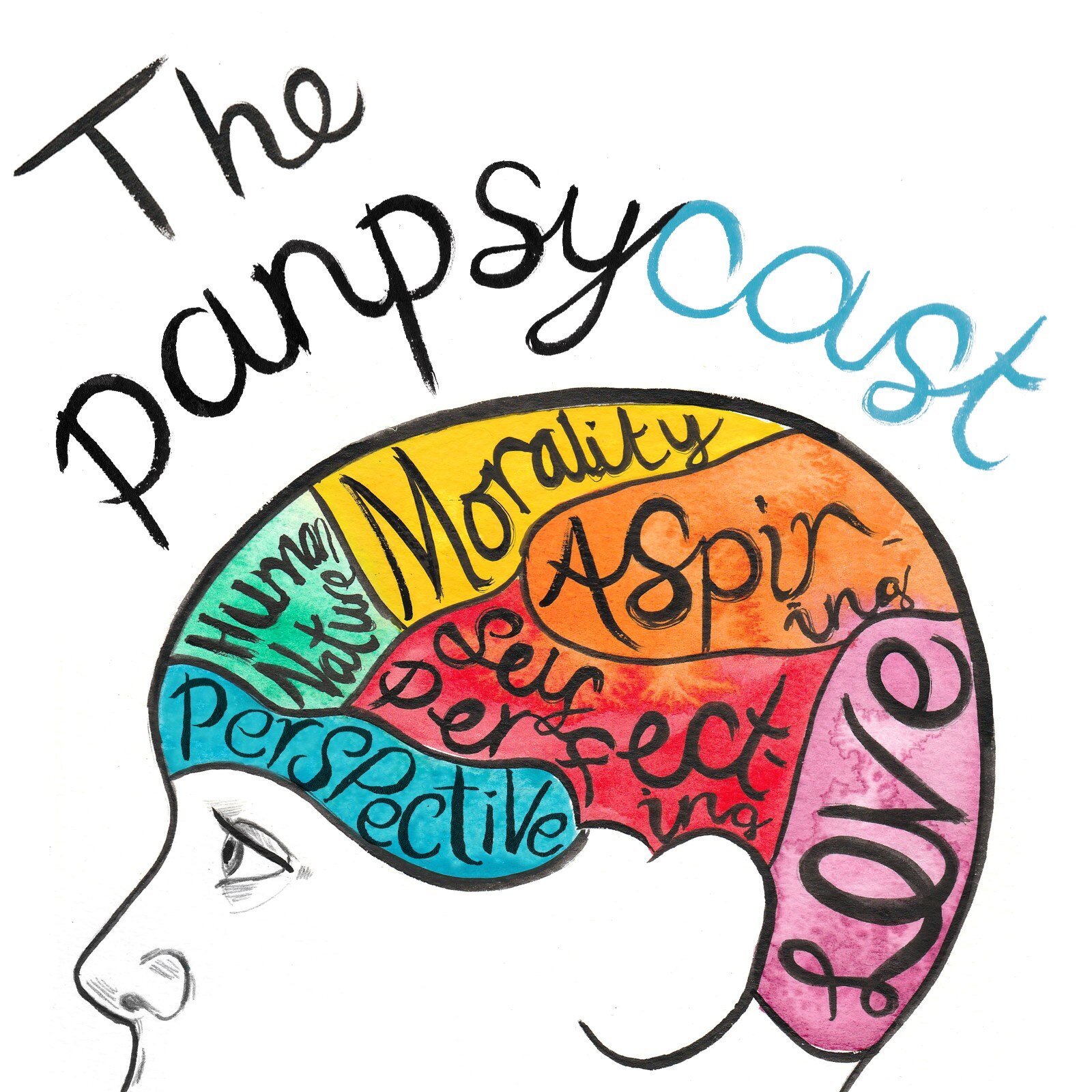Welcome to Episode 142 (Part I of II), where we’ll be speaking to Julian Baggini about the philosophy of food production.
Food is one of the most universal and essential parts of human life. From gourmet steaks to the everyday, humble, packet of crisps, food consumption is everywhere. But what do we actually know about how our food is grown? How is it processed? And how does it ends up on our supermarket shelves or in our restaurants and takeaways? While we may look back and think traditional food customs are more often in harmony with the natural environment, most of us today rely on a complex global food web of production, distribution, consumption and disposal. But how does it work, and what can philosophy say about food?
Joining our discussion on food philosophy today is philosopher Julian Baggini. Baggini is an expert in popular philosophy with Sunday Times best-selling books such as How the World Thinks, How to Think Like a Philosopher and The Pig That Wants to be Eaten. He has served as the academic director of the Royal Institute of philosophy and is a member of the Food Ethics Council. He has written for The Guardian, the Times Literary Supplement, the Financial Times, and Prospect Magazine, as well as a plethora of academic journals and think tanks.
In his wide-ranging and definitive new book, How the World Eats, Baggini argues that the need for a better understanding of how we feed ourselves has never been more urgent. Baggini delves into the best and worst food practises around the world in a huge array of different societies, past and present-exploring cutting edge technologies, the ethics and health of ultra processed food and the effectiveness of our food governance. His goal: to extract a food philosophy of essential principles, on which to build a food system fit for the 21st century and beyond. What is that food philosophy? Let's tuck in, and find out.
The file size is large, please be patient whilst the podcast buffers/downloads/pre-heats
